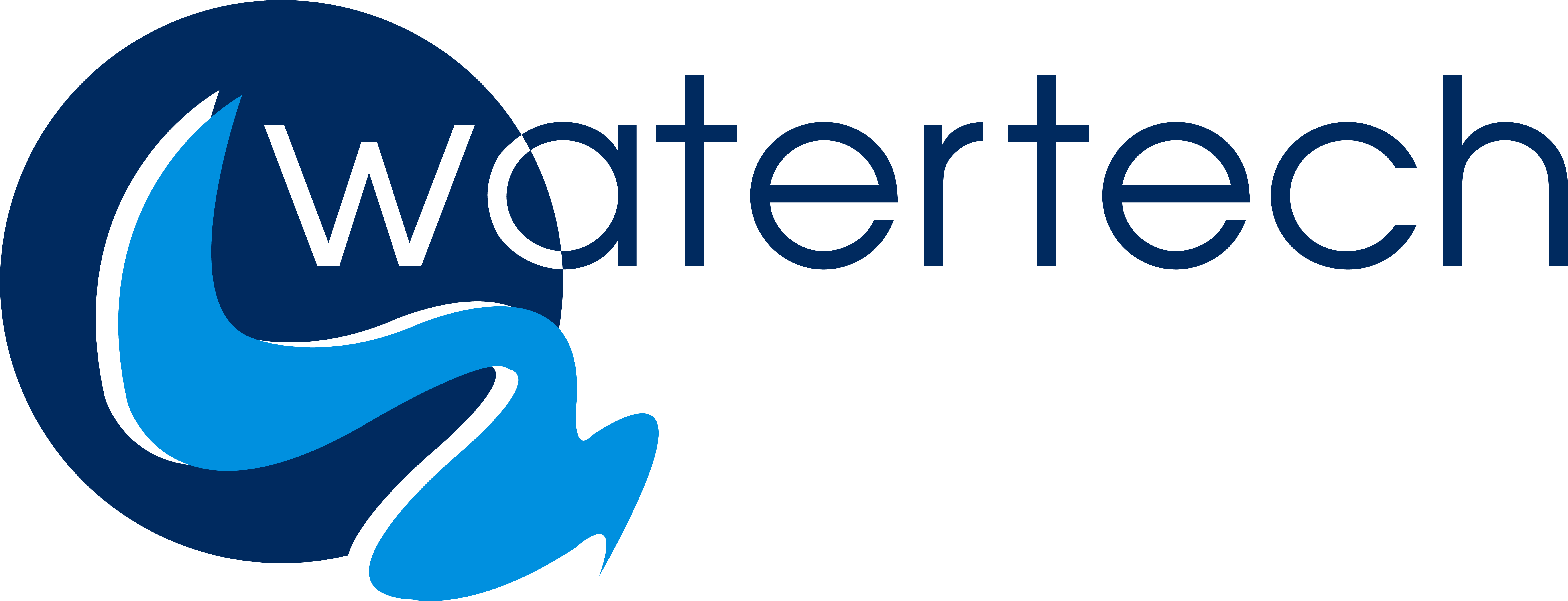Our role: customized solutions for the pharmaceutical and cosmetic industry.
Regarding the pharmaceutical industry, it includes two main activities:
Fine chemistry, which must deal with highly polluting waste in large volumes (saline water, solvents, distillation bottoms).
Pharmaceutical production, which is faced with the need to dispose of waste such as manufacturing scrap and a large variety of packaged waste (cytotoxic, laboratory samples for example) and contaminated packaging.
Three pharmacopoeias govern the production of water for pharmaceutical use in the world: US (USP35), European Pharmacopoeia and Cosmetic (EP7) and  Japanese (JP). The pharmaceutical industry has no alternative but to meet the requirements of Good Manufacturing Practices (GMP) and pharmacopoeias, including the choice of its water production system. A water quality that must be very high if it comes into direct or indirect contact with the finished product.
Japanese (JP). The pharmaceutical industry has no alternative but to meet the requirements of Good Manufacturing Practices (GMP) and pharmacopoeias, including the choice of its water production system. A water quality that must be very high if it comes into direct or indirect contact with the finished product.
Regarding the cosmetic industry, water is the main ingredient, first of all quantitatively, but also because of its importance in formulation, or its role vis-à-vis cutaneous physiology. This industry requires the stabilization of water quality in terms of composition, to ensure good reproducibility of the fabrications.
The cosmetics industry also generates a high amount of wastewater. These waters contain high levels of surfactants (chemicals that we can find in shampoos and soaps), dyes, oils and emulsions, detergents … Etc. During the recycling process, it must also be taken into account that batches of manufactured products change too often, and their manufacturing processes usually form foam and therefore the characteristics of the wastewater to be treated.
The key competence of WATERTECH SA: personalized solutions for the pharmaceutical and cosmetic industry, which respects on the one hand, the pharmacopoeias describe the physicochemical and microbiological qualities required for each “monographed” water, the methods of analysis for accept their compliance and their mode (s) of generation.
On the other hand, the European Good Manufacturing Practices (GMP) which outline the precepts to apply in the operation, maintenance and monitoring of water treatment systems for pharmaceutical and cosmetic use.


